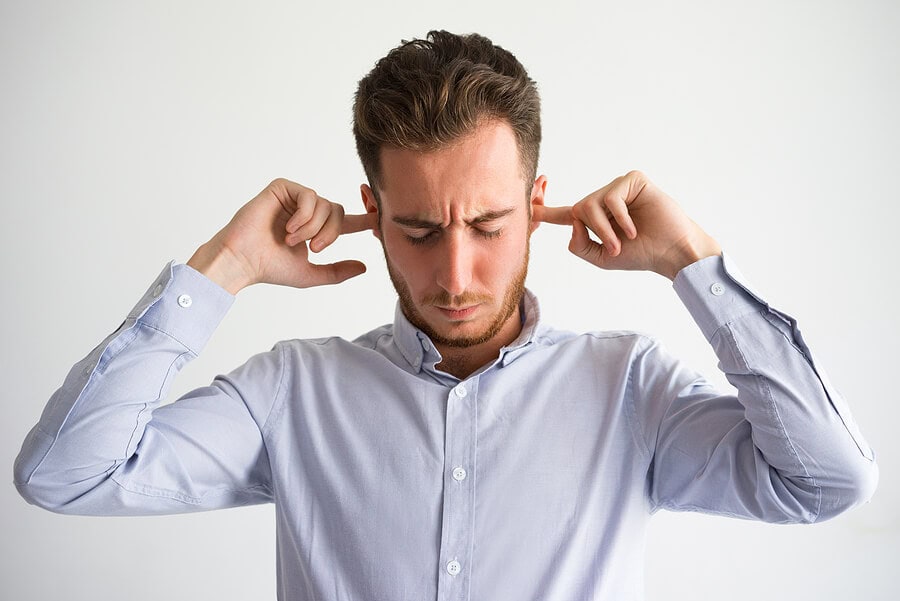
Your Tinnitus Treatment Options
Tinnitus, commonly described as ringing in the ears, affects more people than you may realize. This condition can vary from a mild annoyance that comes and goes, to a chronic, debilitating experience affecting your quality of life.
Unfortunately, there is no one-size-fits-all cure for tinnitus, but various treatment options can significantly reduce its impact. Let’s explore some of the tinnitus treatment options available.
Understanding Tinnitus
Tinnitus is often a symptom rather than a disease itself. It can be triggered by a range of conditions, from hearing loss and earwax blockage to more serious issues like Meniere’s disease or acoustic neuroma. Identifying the underlying cause can be an important step in deciding the most effective treatment approach.
Tinnitus Treatment Options
Here are some of the most common tinnitus treatment options for tinnitus relief:
1. Hearing Aids
For many, tinnitus comes hand-in-hand with hearing loss. Hearing aids not only improve your ability to hear external sounds but can also mask the internal noise caused by tinnitus, making it less noticeable. Modern hearing aids often come equipped with tinnitus masking features, playing white noise or other sounds to distract your brain from the ringing.
2. Sound Therapy
Sound therapy uses external sounds to alter the brain’s perception of, or reaction to, tinnitus. This can involve the use of white noise machines, apps, or even fans and humidifiers to create a background noise that helps mask tinnitus. Over time, sound therapy can make the tinnitus less noticeable and less bothersome.
3. Behavioral Therapy
Cognitive-behavioral therapy (CBT) and other forms of behavioral therapy can help manage the distress that tinnitus can cause. By changing the way you perceive and react to tinnitus, these therapies can help reduce its impact on your life. Techniques might include mindfulness, relaxation strategies, and retraining how the brain responds to tinnitus signals.
4. Medications
While there’s no specific drug to cure tinnitus, medications can be used to treat underlying conditions that may be contributing to it. Medication may also be used to manage associated symptoms like stress, anxiety, and insomnia. It’s always best to talk to a healthcare provider about medications that might be suitable for your specific situation.
5. Tinnitus Retraining Therapy (TRT)
TRT combines sound therapy with directive counseling. The idea is to retrain the brain to perceive tinnitus in a neutral way, minimizing its overall impact. This therapy requires working closely with trained professionals and is usually a long-term commitment.
6. Dietary and Lifestyle Changes
Though not a cure, modifying certain lifestyle factors can help manage tinnitus. Avoiding or limiting intake of stimulants such as caffeine and alcohol, maintaining a healthy diet, getting adequate rest, and managing stress through exercise or meditation can all contribute to reducing tinnitus symptoms.
7. Earwax Removal
Sometimes, a simple buildup of earwax can exacerbate the perception of tinnitus. If that’s the cause of your tinnitus, professional earwax removal can provide immediate relief. It’s important not to try and remove earwax with cotton swabs or anything that could push the wax deeper into the ear.
8. Experimental Treatments
Tinnitus research is ongoing, and treatments involving neuromodulation, dietary supplements, and various forms of therapy are being explored. Joining a research study or trial can provide access to advanced treatments and contribute to greater understanding and future breakthroughs in tinnitus care.
Coping with Tinnitus
Living with tinnitus can be challenging, but many people find success in a combination of treatments tailored to their individual needs. Joining a support group, either in person or online, can offer comfort and advice from others who understand what you’re going through.
Since tinnitus manifests differently in everyone, finding the right combination of treatments may require some patience and experimentation. Working closely with a hearing health professional can help determine the most effective strategy for your particular situation.
Visit Us For Tinnitus Relief
There are a range of tinnitus treatments that can provide substantial relief and improve quality of life. From sound therapy and hearing aids to behavioral therapy and lifestyle changes, the key is to explore your options and implement the best combination of strategies for you.
Remember, you’re not alone. If tinnitus is affecting your life, take the first step toward finding relief by booking a hearing test with us. We can guide you through your treatment options and support you in your journey towards better hearing health.
